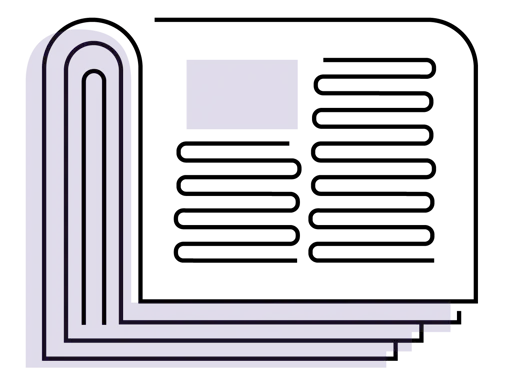GPC England has been in ongoing dialogue with NHS England, DHSC and others on your behalf about the GP access to records programme and the currently planned rollout schedule. We have issued guidance on this.
Following extensive negotiations and discussions with NHS England, the national mass roll out to turn on prospective access to the medical record from 30th November 2022 is not now occurring for those who wish to delay the process.
There is continuing engagement between GP IT system suppliers, the Department of Health and Social Care, NHS England and other stakeholders to confirm the next steps. General practice will be informed ahead of any system changes being implemented.
We will be issuing more guidance and updates in the coming weeks. In the meantime, these FAQs might help explain the different scenarios.
FAQs
I have submitted a template letter to my system supplier – what happens now?
Your practice will not see the records programme switched on, regardless of whether you batch coded none, all, or a subset of your patient population.
On your behalf, we will be discussing the next steps with NHSE, system suppliers and others.
I haven't done anything – what happens now?
The inference is that you are happy to proceed with the roll out as planned. We are told your system supplier will be in touch with you to discuss what happens next and when. You can still send in the template letter if you do not want the records programme switched on at this time.
On your behalf, we will be discussing the next steps with NHSE, system suppliers and others.
I have batch-coded a certain cohort of vulnerable patients to prevent additional access being provisioned but did not send in a template letter – what happens now?
The inference is that you are happy to proceed with the roll out as planned, with prospective access being granted to those patients who didn't have codes added to prevent access.
We are told your system supplier will be in touch with you to discuss what happens next and when. On your behalf, we will be discussing the next steps with NHSE, system suppliers and others.
I have batch-coded all my patients to prevent additional access being provisioned at this time but did not send in a template letter – what happens now?
This question is largely academic as even if the new functionality to provide access were provisioned, no new access could occur due to the presence of batch coding to all your patients.
On your behalf, we will be discussing with NHSE and system suppliers whether an option to restore the medical record to its previous state, through the removal of those batch codes, would be beneficial. This would be on the proviso that the roll out does not proceed and any changes to the medical record had the approval of the data controllers.
A patient has requested access – what should I do?
Patients can still request access to their electronic records, as has been the case for a long time.
Patients should be made aware of the implications of access and GPs should ensure it is appropriate and safe for their patients to have access before it is granted.
What happens next?
The BMA has committed to work with NHSE, system suppliers and others to review the current approach to accelerating access and to see if we can jointly find an alternative path to improve the uptake of access in a way that allays the concerns of practices whilst ensuring practices remain in control of the process.
The protections within the current contract need to be recognised with regard to ensuring you can provide essential services. Work needs to go on to improve redaction functionality so it can operate in a way that satisfies the requirements of the Information Commissioner's Office.
More training resources need to be created especially for secondary and community care colleagues, and an education resource for patients needs to be developed so they might understand the risks and benefits associated with online access. Additionally, GP2GP needs to be upgraded to allow the transfer of redaction information from one practice to another or we risk needlessly replicating work.
Through the use of technology, it is our hope that it will be possible to facilitate access in a way that is safe and sustainable and has your support.
We hope this is helpful and we will continue to work on your behalf to ensure the project is safe for patients and practices and fit for purpose going forward.
Contact us
If you have further queries, please email [email protected]

